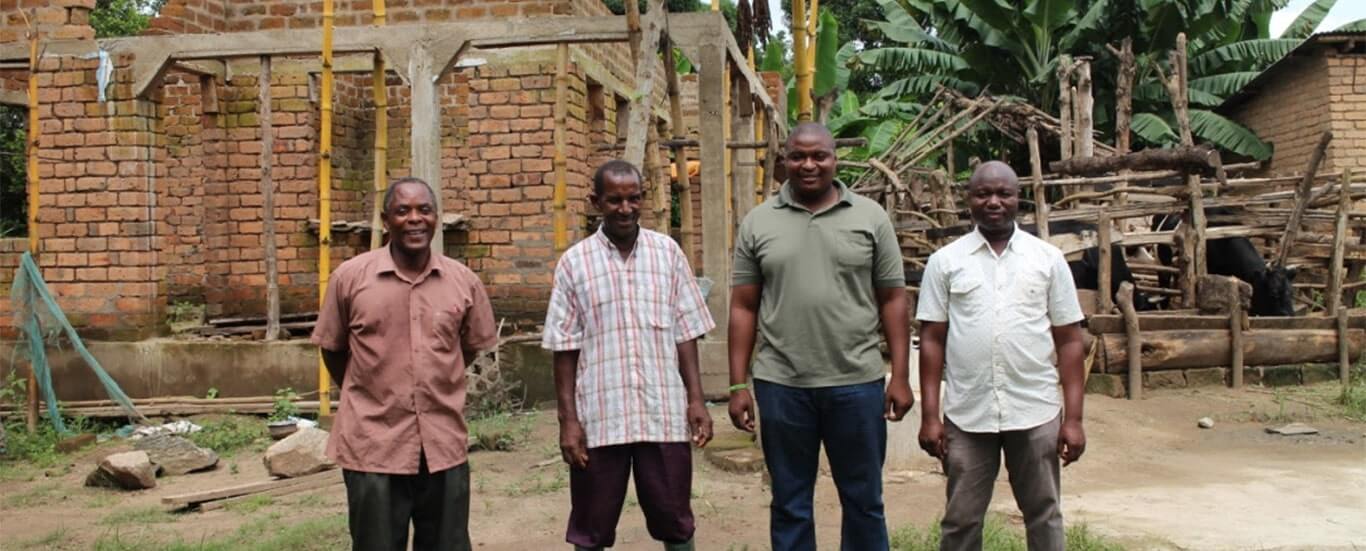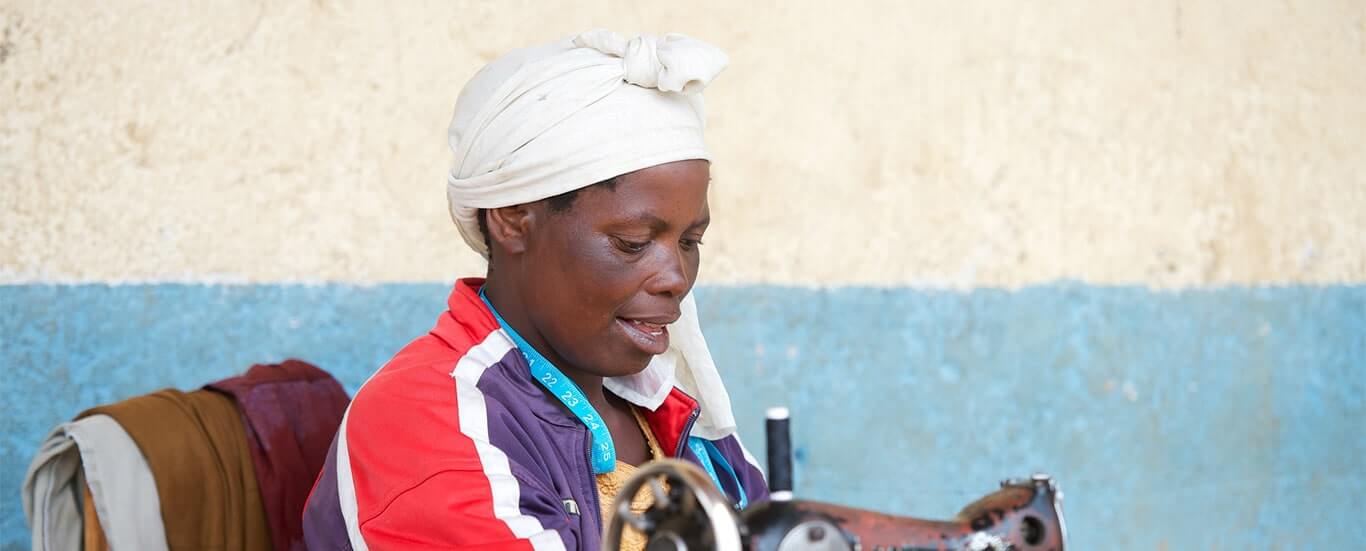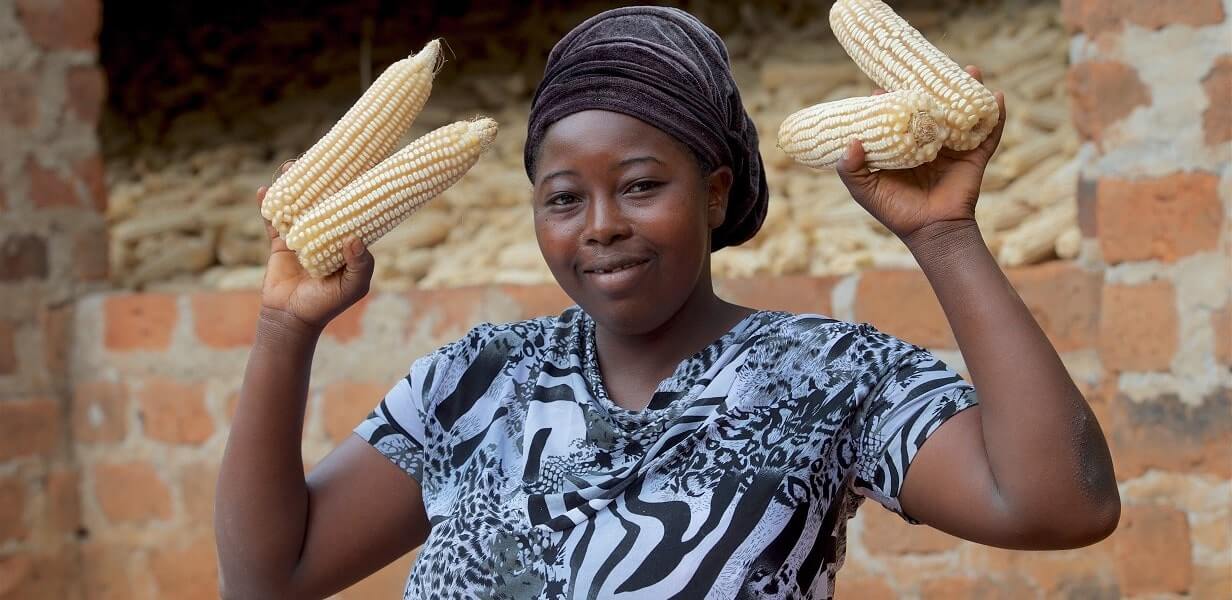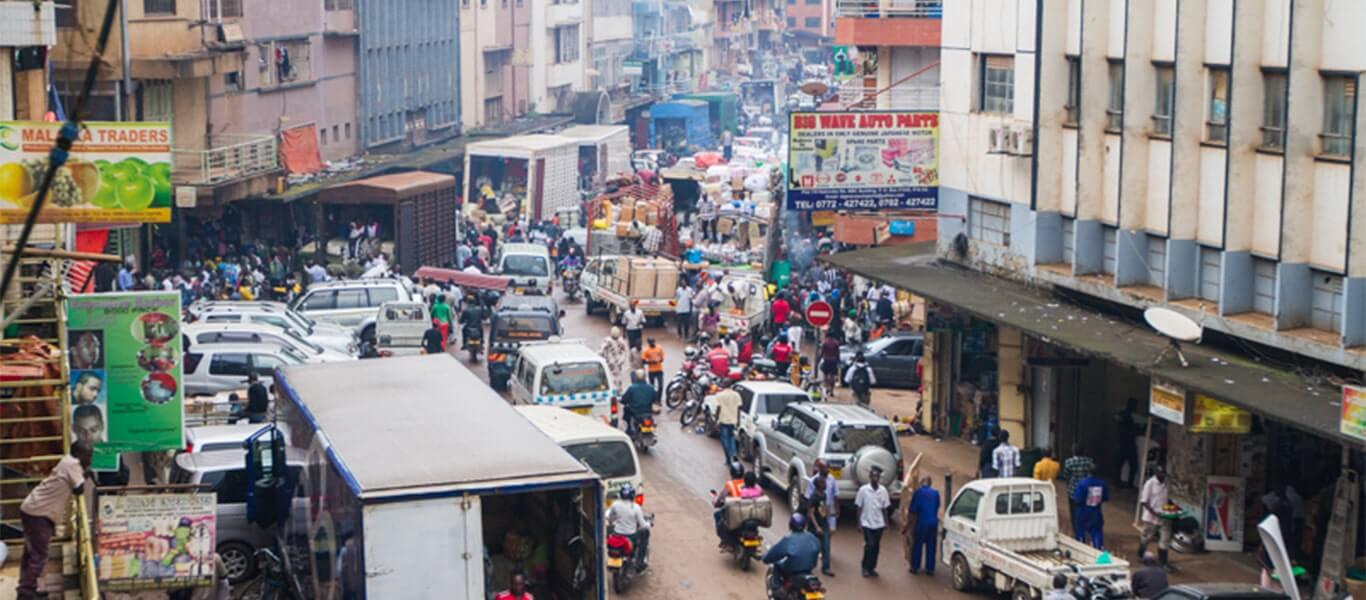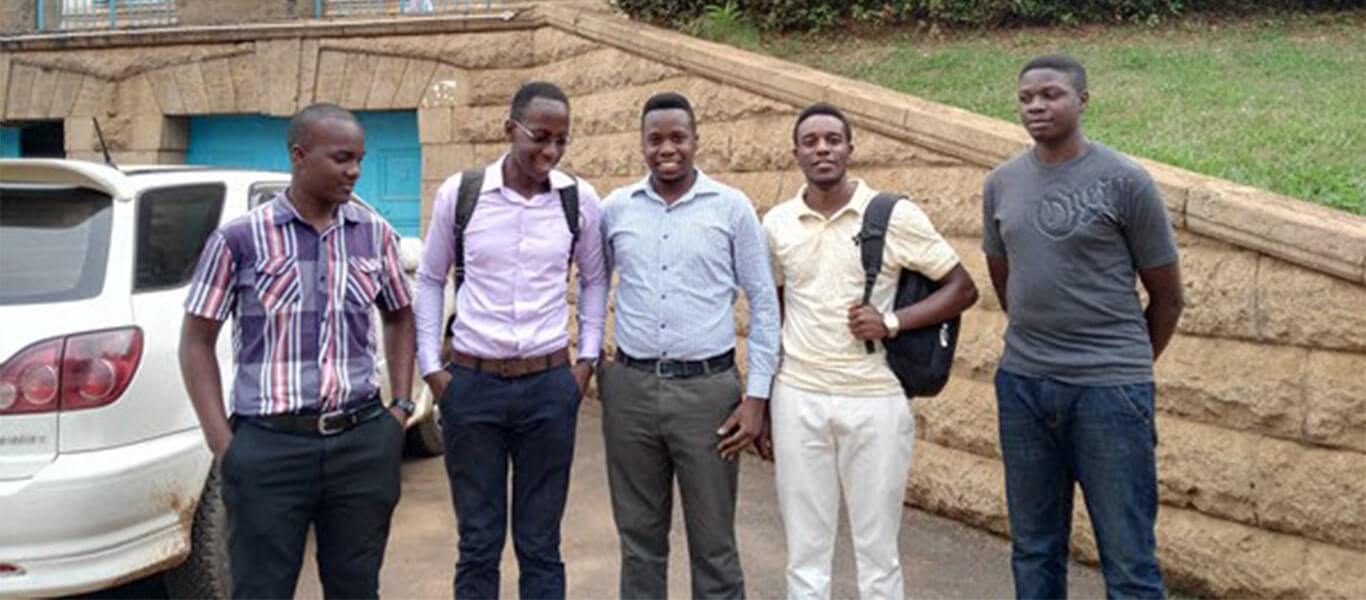If you wanted to transform 1,500 families in Tanzania, where would you start? How about with a cup of chocolate? By helping cocoa farmers in Tanzania access the market profitably, TMA’s Challenge Fund, beneficiary Kokoa Kamili is transforming their lives for the long term. 65 year old David Sanga lives in Mbingu Village in the Kilombero District of Tanzania and has grown cocoa for over ten years. Before every bean reaches the market, David must ensure that he has the right seedlings, that the trees are pruned, weeding done, the soil fertilised and the crop is free from pests for him to harvest a good crop. The crop should be delivered to collection centres which are set up for aggregation to ensure efficient access to markets. The buyers must offer him a competitive price for his cocoa beans for the practice to support his family. Thus, before the hot chocolate lands in your cup, there is a complex behind the scenes infrastructure that makes it possible. Kokoa Kamili is ensuring these behind the scenes activities benefit the farmers. Kokoa Kamili begun their project in Bingu in September 2014 after establishing that few cocoa buyers meant that local cocoa beans fetched poor prices comparative to other areas. The prices set by out-growers’ associations were also predetermined and non-negotiable. Transport costs to the collection points meant a further dip in farmers' profits. Poor seedlings affected the amount of produce down the line. Kokoa Kamili's mixed approach offers free collection services for wet...
It’s not just a cocoa bean
Posted on: May 20, 2017
Posted on: May 20, 2017

